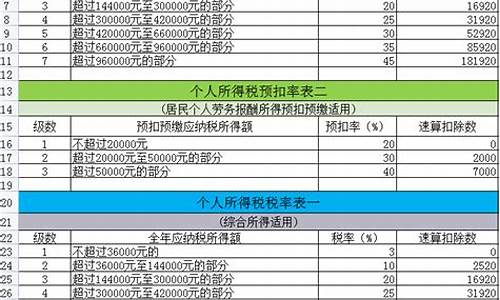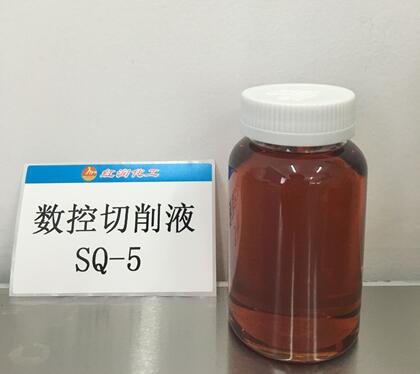化工品税率(化工产品销售税率)

The taxation of chemicals is an important aspect of the global economy, as it affects the prices and availability of these products. Different countries have different tax rates for chemicals, which can impact their competitiveness in the international market. In this article, we will explore the various tax rates that are applied to chemicals around the world.
United States
The United States has a complex tax system for chemicals, with different rates applying to different types of chemicals. The most significant tax rate is the federal excise tax, which is applied to many types of chemicals, including gasoline and diesel fuel. This tax is based on the type of chemical and its purity level. For example, gasoline containing more than 15% ethanol has a higher federal excise tax rate than gasoline containing less than 15% ethanol.
In addition to the federal excise tax, there are also state and local taxes that may be applied to chemicals. These taxes can vary widely depending on the location and type of chemical.
Canada
The Canadian government applies a value-added tax (VAT) to most chemicals, which is equivalent to a sales tax. The VAT rate varies depending on the type of chemical and its purity level. For example, chemicals with a high purity level may have a lower VAT rate than those with a lower purity level.
In addition to the VAT, Canada also has a provincial sales tax that may be applied to certain types of chemicals. This tax is typically lower than the federal VAT rate.
Europe
The European Union has a single market for chemicals, which means that all chemicals sold within the EU must comply with the same tax rules. The European Union has a flat rate of 25% for most chemicals, except for some specific products such as food additives and pharmaceuticals, which have lower VAT rates.
In addition to the VAT, there are also other taxes that may be applied to certain types of chemicals, such as excise duties or customs duties. These taxes can vary widely depending on the type of chemical and its country of origin.
China
China has a complex tax system for chemicals, with different rates applying to different types of chemicals. The most significant tax rate is the national sales tax (VAT), which is applied to most goods, including chemicals. The VAT rate varies depending on the type of chemical and its purity level. For example, chemicals with a high purity level may have a lower VAT rate than those with a lower purity level.
In addition to the VAT, China also has other taxes that may be applied to certain types of chemicals, such as excise duties or customs duties. These taxes can vary widely depending on the type of chemical and its country of origin.
Conclusion
The taxation of chemicals is an important factor in determining their prices and availability in different markets around the world. Different countries have different tax rates for chemicals, which can impact their competitiveness in the international market. Understanding these tax rates is essential for businesses that operate globally and need to ensure compliance with local regulations.
推荐产品
同类文章排行
- 三聚磷酸钠与减水剂、解胶王等产品的区别?
- 星巴克的中年劫
- 三聚磷酸钠在陶瓷行业中的作用是什么?
- 工业三聚磷酸钠实验室鉴别假冒伪劣产品的方法?
- 工业三聚磷酸钠在洗涤行业中的作用是什么?
- 美业信息化规模将现,门庭管店为他们提供了一套SaaS管理软件
- 没法给手机换电池,怎么就变成一件理所当然的事了?
- 有雄心的普通人,如何找到自己的职业生涯上限?
- 借网生大势赚了两年快钱后,考拉娱乐开始切入女性人群做点“慢”
- 工业三聚磷酸钠在高效减水剂中的作用是什么?


